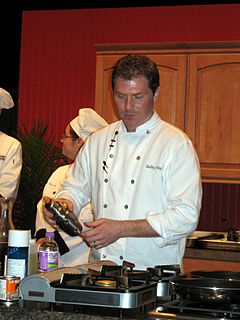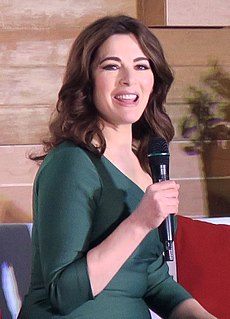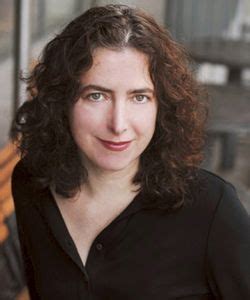A Quote by Ali Liebegott
I'm a writer who stacks cat food for a living. It's true: I have a master's degree in creative writing, I've published two critically successful books, and I get paid to replenish the shelves of my local food co-op with pet food, sponges and toilet paper. Nine days out of 10, I do it quite happily.
Related Quotes
It started when I moved into a vegetarian co-op back in the '70s, and that's really when I had my food consciousness awakened. I learned how to cook, and eventually I became the food buyer for the entire co-op. Not long after that, I went to work for a small natural food store in Austin, and I became very excited and passionate about it.
Anybody interested in solving, rather than profiting from, the problems of food production and distribution will see that in the long run the safest food supply is a local food supply, not a supply that is dependent on a global economy. Nations and regions within nations must be left free and should be encouraged to develop the local food economies that best suit local needs and local conditions.
The food containers come in different varieties: for example, drinks, breakfast type food, meats, vegetables. There are about 5-10 days of that type of food in each container. We try not to open a new container until we finish the one we are on - even if that means going without coffee for a couple of days.
If there was ever a food that had politics behind it, it is soul food. Soul food became a symbol of the black power movement in the late 1960s. Chef Marcus Samuelsson, with his soul food restaurant Red Rooster in Harlem, is very clear about what soul food represents. It is a food of memory, a food of labor.







































